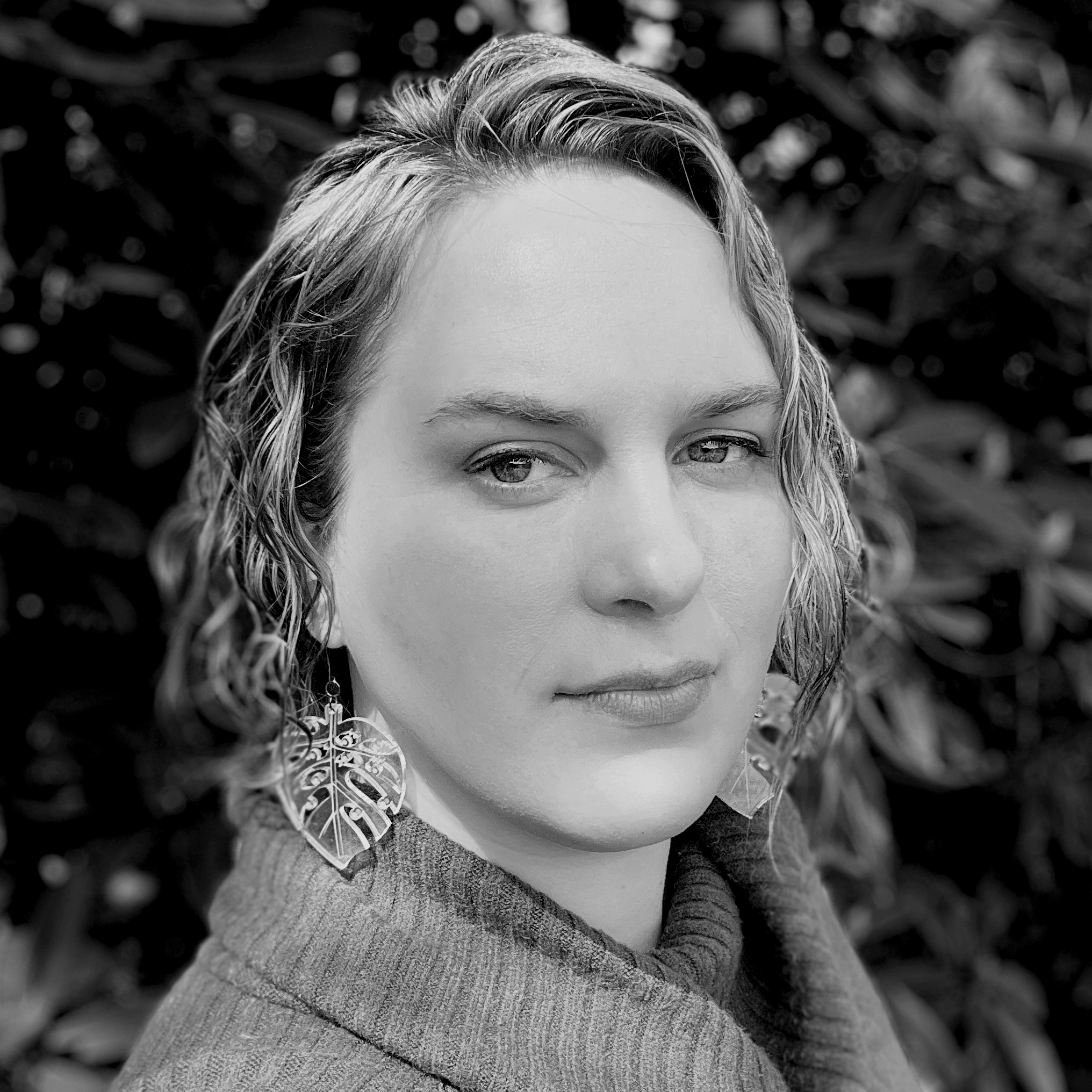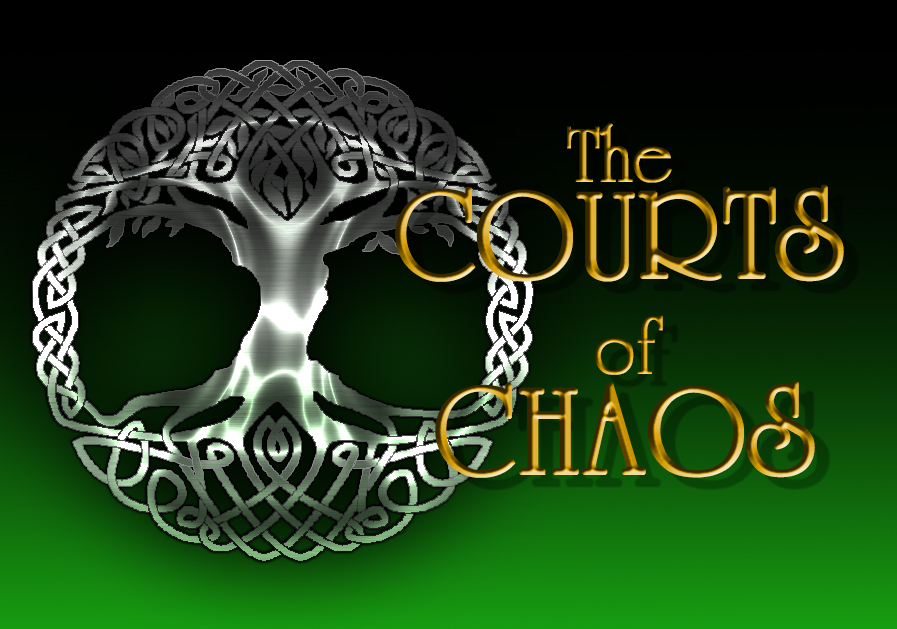 The Courts of Chaos by Roger Zelazny
The Courts of Chaos by Roger Zelazny
My rating: 3 of 5 stars
“Do we make the Shadow worlds? Or are they there, independent of us, awaiting our footfalls?” ––Corwin, Prince of Amber, Prince of Chaos
The Courts of Chaos, the final book in the Corwin Cycle of The Book of Amber, is a sojourn into the philosophical, the religious; more inward looks than outward journeys, all leading to an under-stated finality of resolutions, repentance, and regret.
A short read that ultimately is more of a backwards epilogue, The Courts of Chaos departs from the intrigue and action of the prior two books in the series, to instead focus solely on an intangible, irreconcilable argument between Corwin and a crow. A reader might be reminded of Ingmar Bergman’s character, Antonius Block, playing a game of chess with Death in The Seventh Seal. But there is no board in this novel, only the ever shifting, exhausting paradigm of the hellride Corwin takes in order to get to “the end of the world”. I often imagined that the dialog shared, internally and externally, might not be the argument of Freud versus the doctrine of Buddha, and I found many instances to support the claim. That being said, I’m not sure how useful it actually was to the story that was already in progress. It also, definitely, got a bit preachy, even if the end result was interesting.
An example of the dialog that occurs in that section of the book:
“One needs to fix one’s vision firmly on the Absolute and learn to ignore the mirages, the illusions, the fake sense of identity which sets one apart as a false island of consciousness.”
At 60% of the way through the story, we are finally returned to the action with the rest of the family. We have missed most of their own preparations for the end battle of this cycle, and are far from them as the crisis comes to a head.
In this sense, I was disappointed with the climax. While the narrative remains true to the limitations of first person, it means we, the reader, can not see any of the action occurring outside of Corwin’s own stage, and, similar to the last book, while he is technically a linchpin to the story as a whole, he is by no means the only one capable of solving the conflicts. Indeed, his duty (and what an important word to keep in mind for this section of the story) is to assist others who will have the glory––an important and necessary path for his character as it has been built––but ultimately, something that makes the narrative suffer, in my opinion.
That isn’t to say I didn’t love the growth, and the beautiful end of the story, for I have come to like Corwin a lot more in this book, but, in a seeming parallel (if Zelazny did this on purpose, he is genius) to Corwin’s own cold-to-warm relationship with another character in the book, it comes too late––at the end of the cycle. I’d like to now him more now, though I’m not sure I’ll be able to, given the next five are called the “Merlin” cycle. I foresee a bit of a focal shift, in this regard, but maybe I will be wrong and pleasantly surprised.
There were no huge revelations in this novel; no real, life-altering surprises, except for the naming of the future king, which I won’t spoil. There were a few scenes (in particular, a stint with a bunch of drunken dwarves, and a lady who tries to seduce Corwin) that seemed to have no real merit at this point in the story (and also reminded me heavily of the meandering nature of The Guns of Avalon), and I couldn’t help but feel, for how short the book was [someone else mentioned it was about 140 pages], that they were stealing time away from the parts of the story that really mattered to me as a reader.
All that being said, the story is written beautifully (sans most of the hellride), and the metaphysical components of the story are fully realized in a grand, sweeping, circular way. It is not the strong finish I was hoping for, but it is adequate, and as far as a character introspection goes, Corwin has one of the most moving, touching final thoughts of any character I have read of in a long time.
Some of the moments that stood out to me:
The first lines:
Amber: high and bright atop Kolvir in the middle of the say. A black road: low and sinister through Gamath from Chaos to the south. Me: cursing, pacing and occasionally reading in the library at the palace of Amber. The door to that library: closed and barred.
And:
Premonitions played tag in the grottoes of my mind, none of which I would have cared to take to lunch.
After a stint with dwarves who tried to kill him, Corwin decides to play along with an old prophecy in his name:
“And where do you travel?” he called after me. Why not?
“To the ends of the earth!” I shouted back.
He broke into a jig atop his shattered door. “Fare thee well, Corwin!” he cried.
I waved to him. Why not, indeed? Sometimes, it’s damned hard to tell the dancer from the dance.

